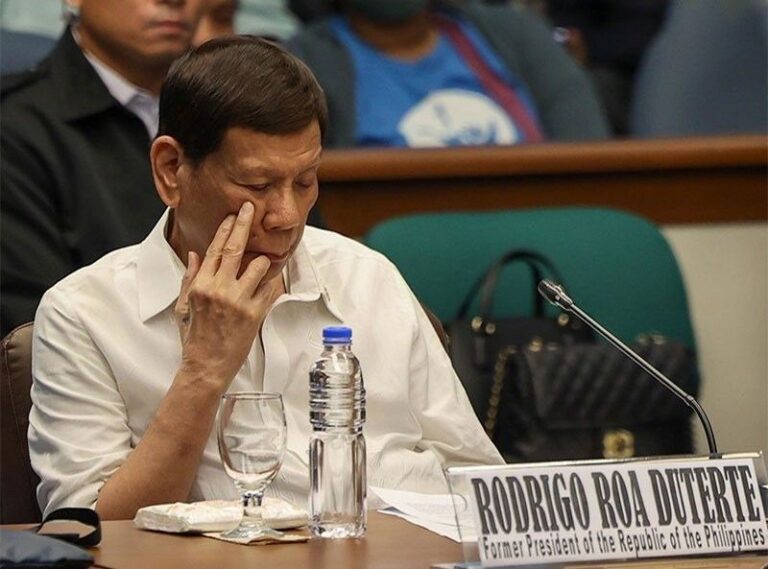Duterte’s Arrest: Government Responds to Complaints Filed by Senator Imee Marcos
MANILA, Philippines — In a recent development, the Philippine government is preparing to raise procedural issues in response to the complaint lodged by Senator Imee Marcos against officials regarding the arrest and subsequent transfer of former President Rodrigo Duterte to the International Criminal Court (ICC). This was revealed by Justice Secretary Jesus Crispin Remulla.
Sub Judice Rule Under Examination
In discussions with key officials, including his brother, Interior Secretary Jonvic Remulla, and Philippine National Police Chief Rommel Marbil, Remulla conveyed that they would adopt a “common answer” concerning the procedural issues at hand. He emphasized the complexities surrounding the sub judice rule, stating, “It is difficult to address matters that are sub judice as the Supreme Court has yet to make a determination on the case.”
Implications of Sub Judice on the Case
The sub judice rule is intended to prevent interference in ongoing legal proceedings, which can hinder the delivery of justice. This is particularly relevant as habeas corpus petitions challenging the legality of Duterte’s arrest are currently before the Supreme Court.
Complaints Against Government Officials
Remulla and other officials face allegations of various offenses, including arbitrary detention, usurpation of judicial functions, grave threats, and violation of the rights of arrested persons. Senator Marcos characterized Duterte’s arrest as “illegal” and “politically motivated,” adding further complexity to the ongoing legal discourse.
Timeline for Responses and Extensions
The Office of the Ombudsman has mandated that the respondents submit their answers within ten days, after which Senator Marcos can reply to their counter-affidavits. Remulla indicated that they might seek an extension, arguing that the timeframe is too restrictive.
Duterte’s Current Detention and Charges
Former President Duterte, now 80, was arrested on March 11 and transported to The Hague, Netherlands, to face allegations of crimes against humanity linked to his controversial anti-drug campaign that resulted in numerous deaths. A crucial hearing to confirm charges has been scheduled for September 23.
Defense Counsel’s Stance on Jurisdiction
According to Nicholas Kaufman, the lead counsel for Duterte, the question of the ICC’s jurisdiction is pivotal and contentious. In his legal submissions, Kaufman argued that resolving this issue in favor of the defense could carry significant implications for the future of international law and the events surrounding Duterte’s case.
As the legal battles unfold, all eyes will be on the forthcoming hearings and the responses from the government officials involved. The implications of these developments could have a lasting impact on Philippine politics and international legal standards.
